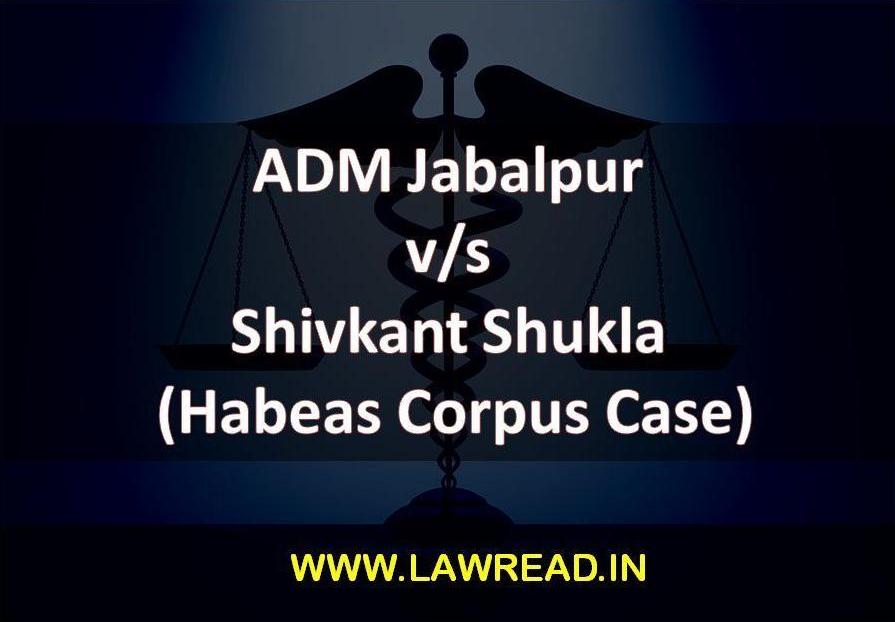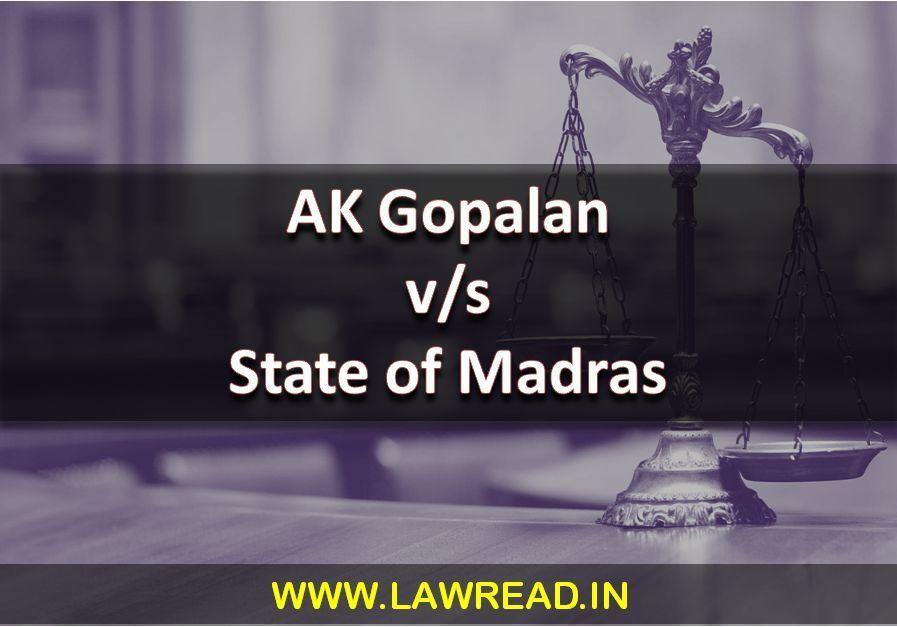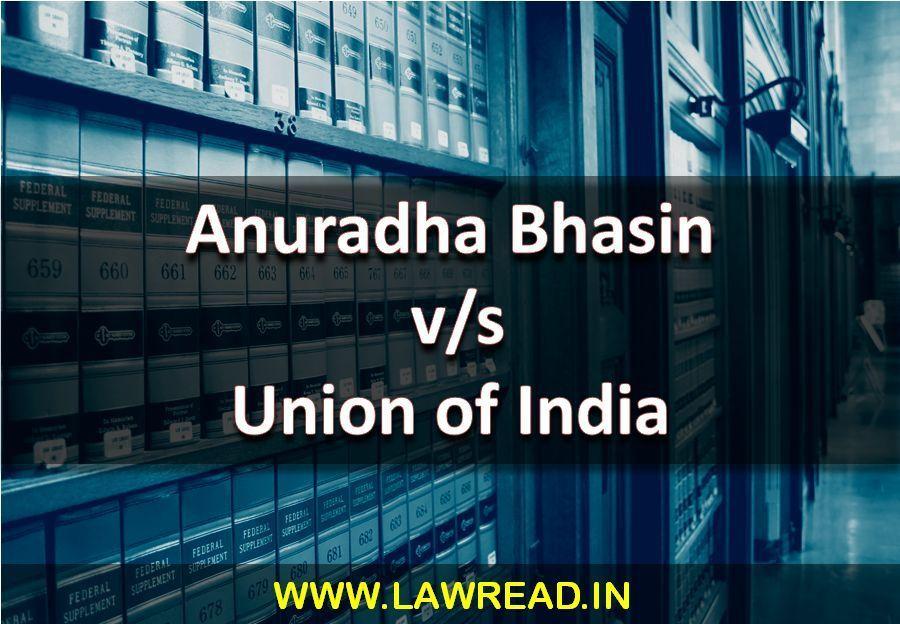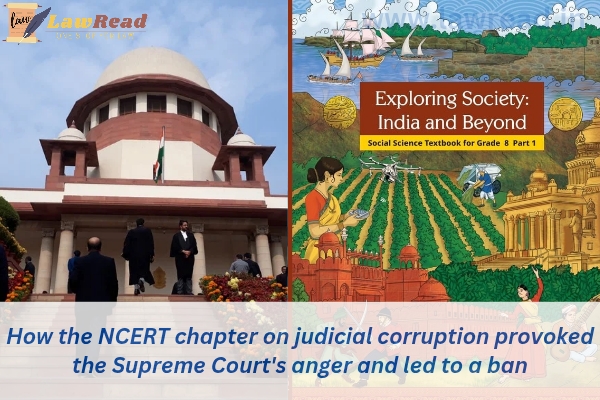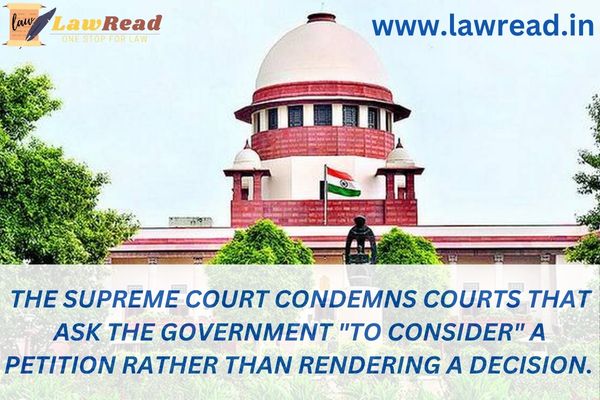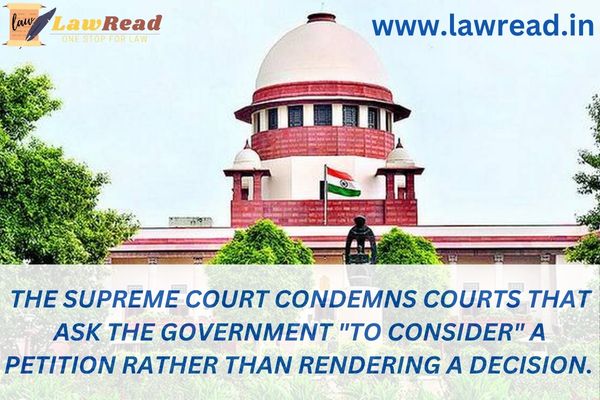Landmark Judgement
Air India v. Nargesh Meerza (1981)
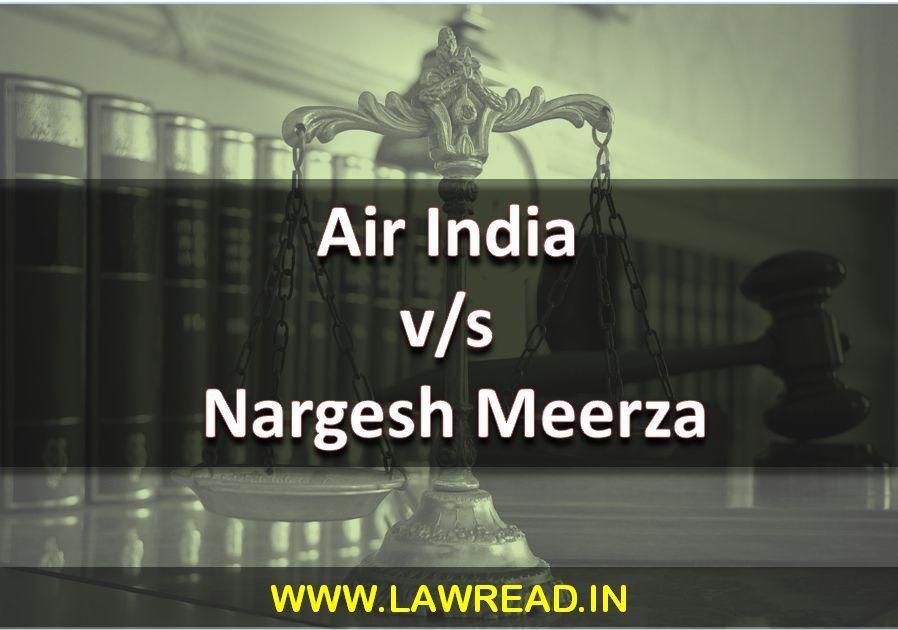
Title of the Case – Air India v. Nargesh Meerza
Citation – AIR 1981 SC 1829
Court - Supreme Court of India
Bench – Justice Fazalali and Justice Syed Murtaza, Justice Varadarajan A. and Justice Sen
Petitioner – Air India
Respondent – Nargesh Meerza
INTRODUCTION
In the constitution, except Yusuf Abdul Aziz’s judgment of 1954, which immediately upheld the constitutionality of adultery, the Supreme Court did not have the ability to deal seriously with sex discrimination in accordance with Article 15(1) for the last three decades.
The judgment of a three-judge bench in Air India v Nargesh Meerza in 1981, which is one of the landmark judgments by the Supreme Court on the matter changed in 1981. In this case, Air India proposed that the female flight attendants or Air Hostesses should retire under these three circumstances:
(1) upon reaching 35 years of age.
(2) upon getting married. or
(3) upon first pregnancy. whichever occurred earlier.
The Court laid out these regulations, stating that this criterion constituted official arbitrariness and hostile discrimination.
FACTS OF THE CASE
The state of affairs was exceedingly intricate. It entailed two companies namely Air India and Indian Airlines Corporation and countless legal rounds before two tribunals and then the courts. Regulations 46 and 47 of Air India were questioned. These Service Regulations had vast differences in the salaries and advertising perks of male and female in-flight cabin crew. The male cabin crew was called "Air Flight Pursers(APF)" and the female cabin crew was called "Air Hostesses(AH)" as per the designations of Air India.
The challenge is posited because the mentioned regulations created a substantial degree of disparity among male and female staff on many grounds like Promotional Avenues, Differential Retirement Ages, conditions about the termination of the Air Hostesses' services in cases of pregnancy or marriage. The retirement age of males was 58 whereas that of females was 35. Moreover, an impending question was regarding the discretionary powers of the Managing Director who under Regulation 47 can extend the retirement age according to his own interest. The petitioner contended that such a power bestowed is arbitrary.
ISSUE
(i) Clauses 46 and 47 of Air India Employees Service Regulations were violative of Articles 14,15 and 16 of the Indian constitution.
(ii) Discretionary powers as listed under Regulation 47 can be considered as extreme delegation provided to the managing director.
JUDGEMENT
After hearing arguments from both sides, the Supreme Court proclaimed that the clauses regarding Retirement and Pregnancy were unconstitutional and immediately ordered them to be struck down. Moreover, Regulation 47 of the Air India Employees Service Regulations had the same problem. Regulation 47 also experienced the excessive delegation of power and that too without reasonable guidelines to monitor the same. The court abolished the provision under which the termination of the service of Air Hostesses on first pregnancy was provided, holding it to be in violation of Article 14(Right to Equality) of the Constitution of India. The court also abolished the condition that the extension of the service of Air Hostesses beyond the age of 35, (if medically fit) would be at the discretion of the Managing Director. The court held that the true intention of the makers of the second regulation has not been carried out as the Managing Director has been given uncontrolled, unguided, and complete discretion whether to extend or not the term of retirement of an Air Hostess after she is 35. The court held that the aforesaid regulation gave a huge amount of powers to the Managing Director which might result in disparity among the staff. The Court rejected the claim regarding the discrimination in the retirement age of male crew and Air Hostesses as not being discriminatory. The court considered that male and female staff are two different cadres with different service conditions. The court nullified the offense that the service conditions providing lower age of retirement to Air Hostesses is unfavorable respecting the fact that Air India had fixed the retirement age of Air Hostesses distinct from the male crew keeping in mind the type or nature of work, prevailing conditions of service, the need to safeguard the health of females and many other necessary factors. The Supreme Court suggested that the mentioned clause about the pregnancy should be amended where the criteria of retirement at the birth of a third child should be added in spite of the existing one which is based on the principle of public health.

